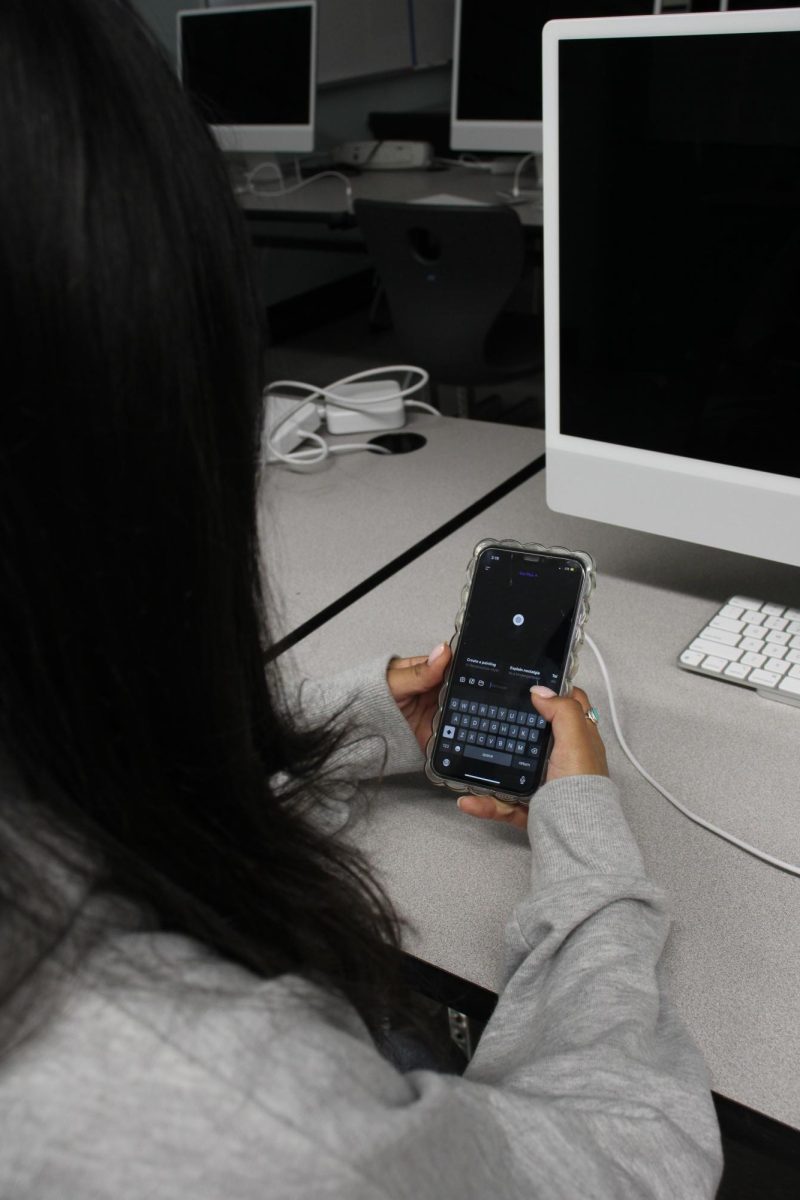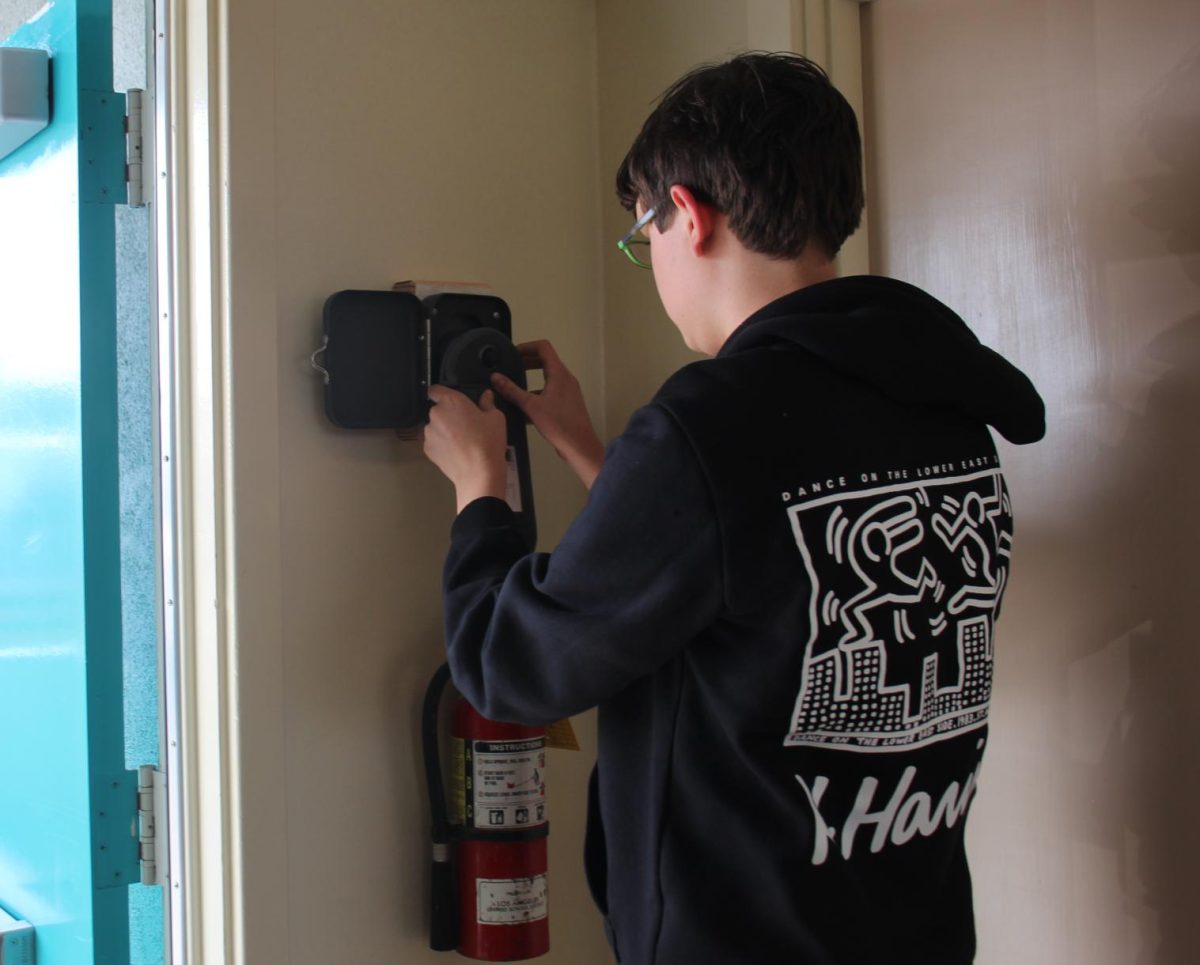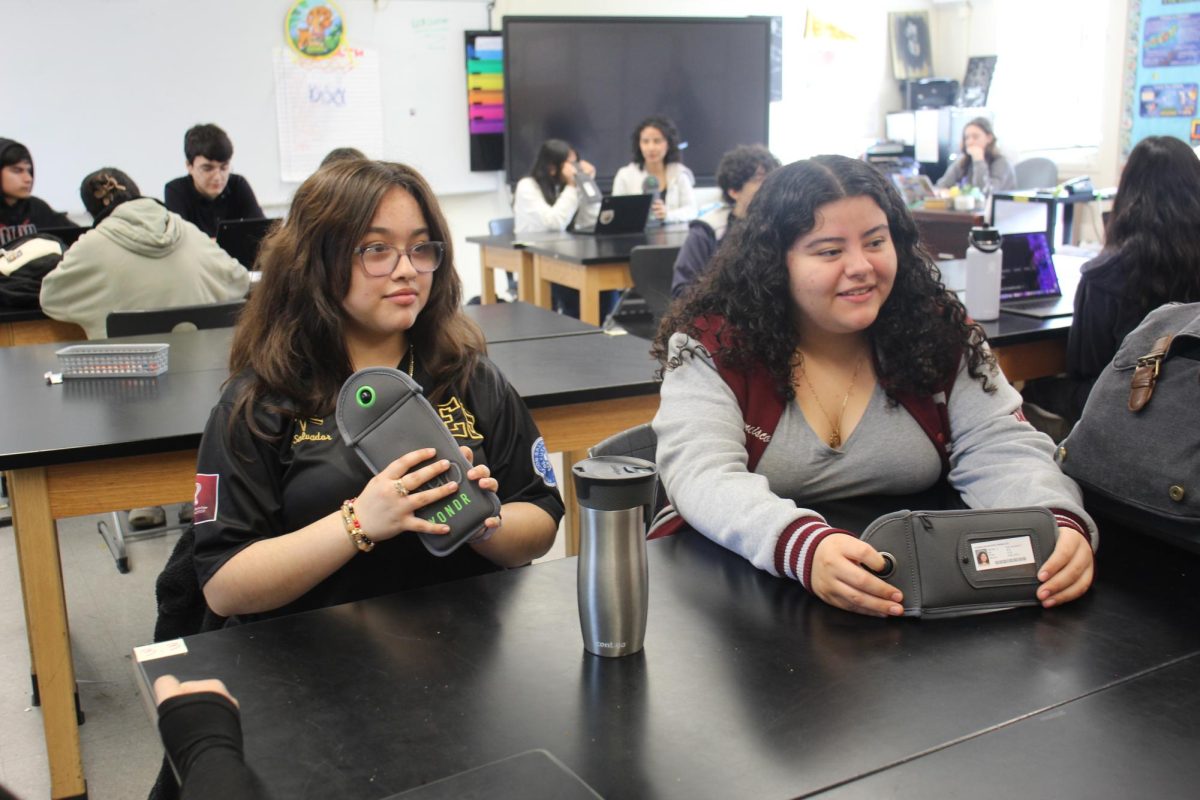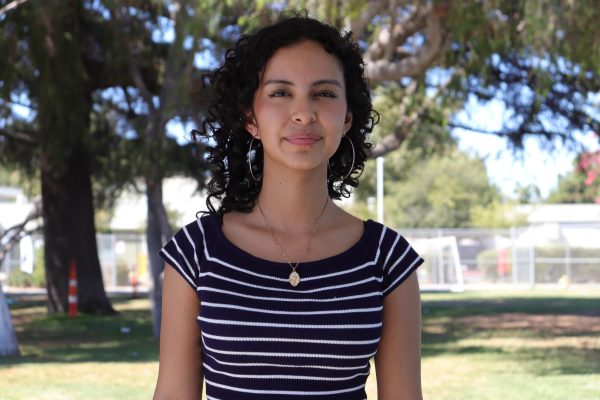Since many teachers had previously enforced similar rules to punish the use of plagiarism, the school’s new academic dishonesty policy is of no surprise to students. But many find the new policy helpful.
“When I don’t understand a question, I go look it up,” senior Behista Safi said. “Now that the policy is up, I will ask a friend or a teacher to answer my question before using the internet. If I search it up, I’ll be tempted to just copy and paste the answer.”
During the school-wide behavioral assembly on Aug. 16, students were handed paperwork that was to be signed and returned. Among the paperwork was a copy of the new academic dishonesty policy, which has now been put in place. With the policy in place, teachers now have a way to formally address the use of AI and Google Translate among other forms of plagiarism.
The new policy went into effect this fall and is intended to eliminate plagiarism and dishonesty in students’ everyday assignments. From now on, students must strive to use their own work as opposed to using another student’s work, AI generated work or any other form of dishonest work.
“This policy is definitely a good thing,” junior Mirolla Abdelmasih said. “Especially in this era where everyone uses the internet and everyone plagiarizes.”
Some of the most impactful consequences of violating the policy include parental notification, an automatic zero if the teacher decides so, a record of the violation in the student’s information system and it could impact letters of recommendation from teachers.
“It has become a uniform policy across the whole spectrum,” Magnet Coordinator James Morrison said. “Now that parents know about it, no one can say they didn’t know. Also, in college, they expect you to follow these guidelines.”















